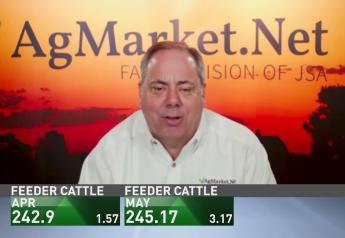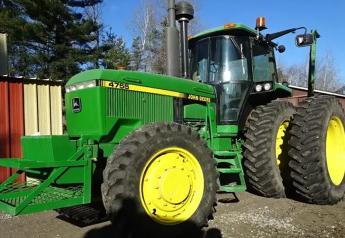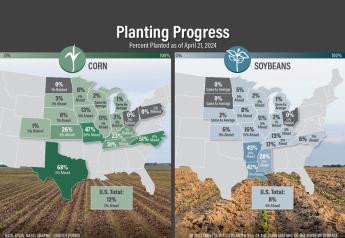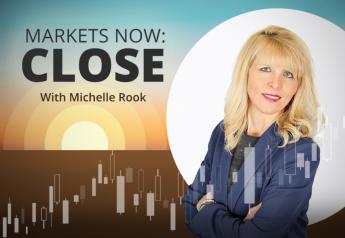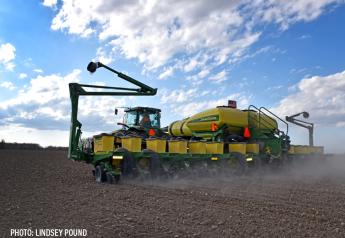John Phipps: What Happened to the Work Ethic?
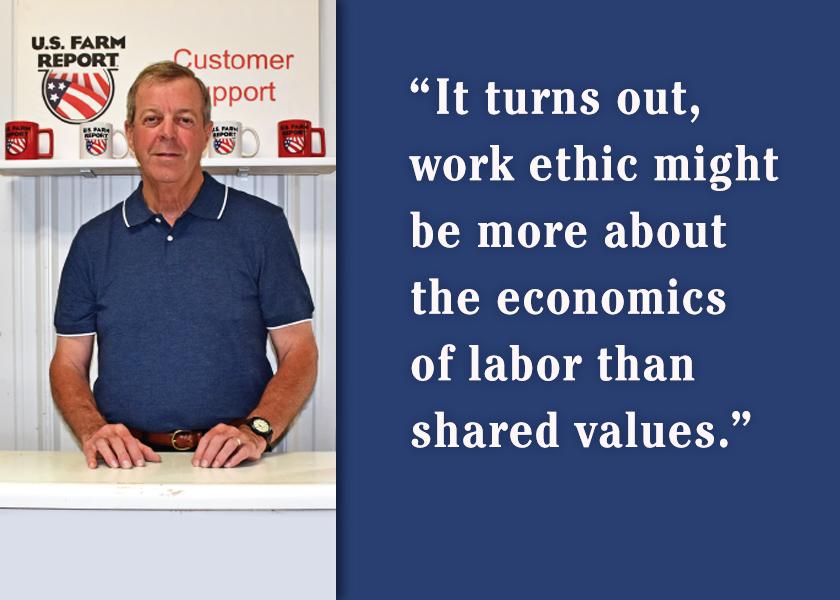
The suspicion work ethic has been eroded in younger people has gained strength lately. Thanks to an insightful essay by Janette Barnard, one expression of this — “people don’t want to work anymore” — is exposed as just a perennial gripe.
There is only vague agreement of its meaning. To some it means “work hard and get ahead” or habits of diligence. But it is clearly a recent standard.
A QUICK HISTORY LESSON
The work ethic required cultural and economic developments, such as the end of feudalism and slavery. If your work doesn’t belong to you, any ethic is hollow.
Another big trigger was the emergence of capitalism. Adding the moral aspect required Calvinism. Predestination theology suggested earned prosperity as evidence of spiritual rectitude.
Work ethic flourished under an economic system where labor was plentiful and learned by practice. Sheer effort could produce wealth and status (the origin of shop-floor-to-factory-owner morality tales). Less noticed was the work ethic lauded material rewards.
Compensation from hard work meant better food, houses, etc. In retrospect, we see the enormous benefits a work ethic generated for employers — motivated workers buying more stuff.
The happy feedback loop faded when workers realized occupational virtue was not just its own reward, it had be-come the only reward. New paths to prosperity created unexpected challenges such as cashing in on a viral video. Wealth via celebrity or rule-bending makes the existing work ethic look quaintly clueless.
AT THE FARM LEVEL
Agriculture is not exempt. The vanishing ladder from entry level to farm owner prompts suspicions there are too little ethics and too much work in our system. If an adolescent baled hay, that did not predict their future success so much as parentage did.
Meanwhile work changed from physical to knowledge tasks. Is somebody really working when they sit at a desk motionless studying a merger agreement? Is a farmer demonstrating work ethic while watching a video as the combine runs automatically?
Work ethic needs reconsideration in a world of maldistributed wealth, technology and lopsided power shares be-tween capital and labor. Ethic won’t be an expected virtue, especially for jobs that can’t attract workers.
Competing labor philosophies have arisen to satisfy worker discontent with tradition. Work-life balance and even employment satisfaction can redirect worker attitude. It turns out, work ethic might be more about the economics of labor than shared values.
Given today’s disconnection and selfishness, fretting over how people feel about work might be misplaced concern.
Read more from John Phipps


